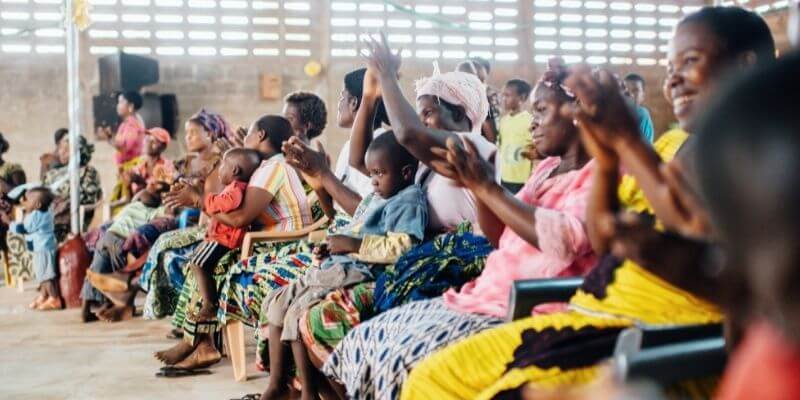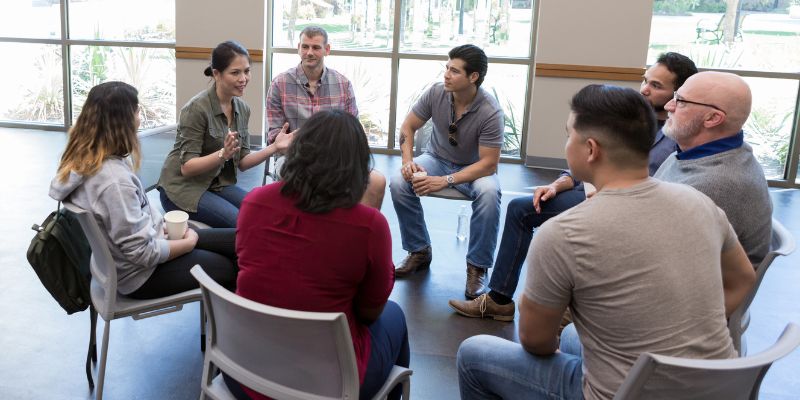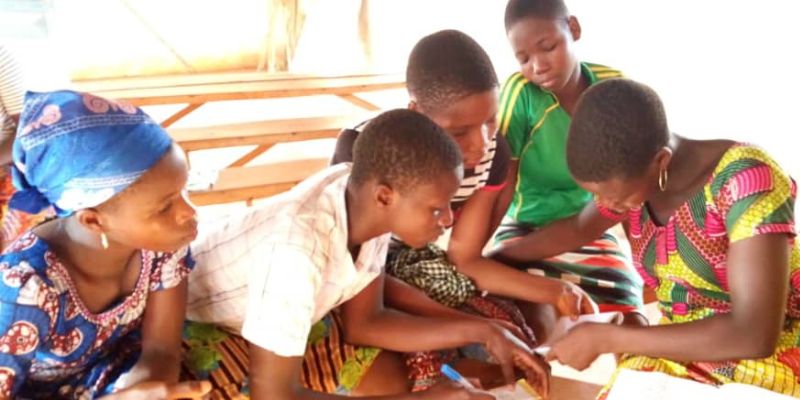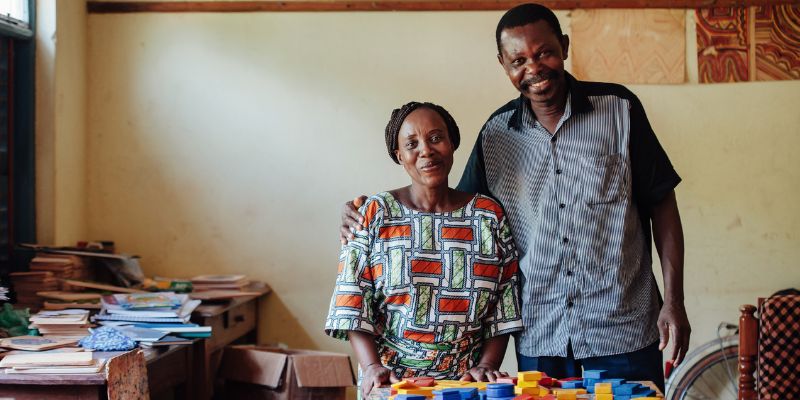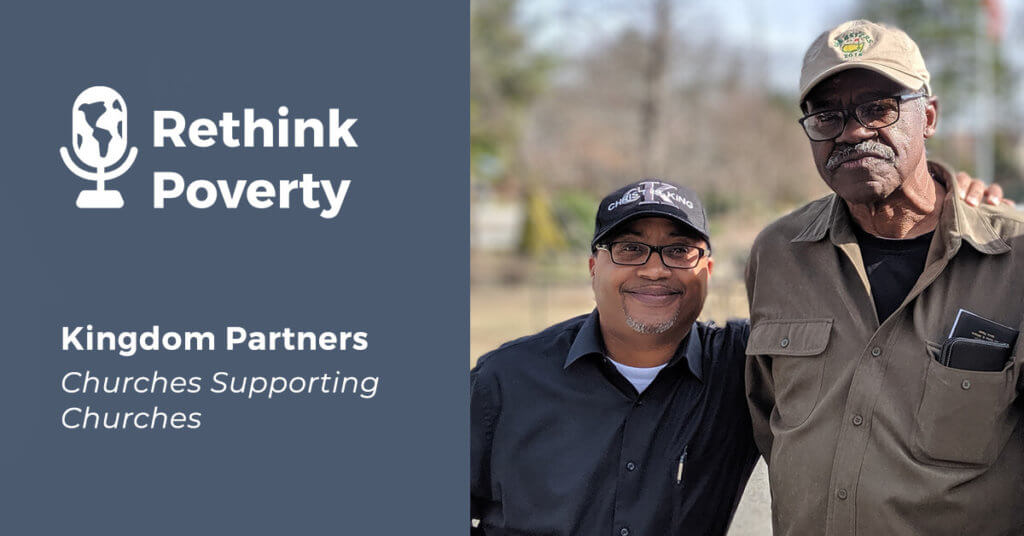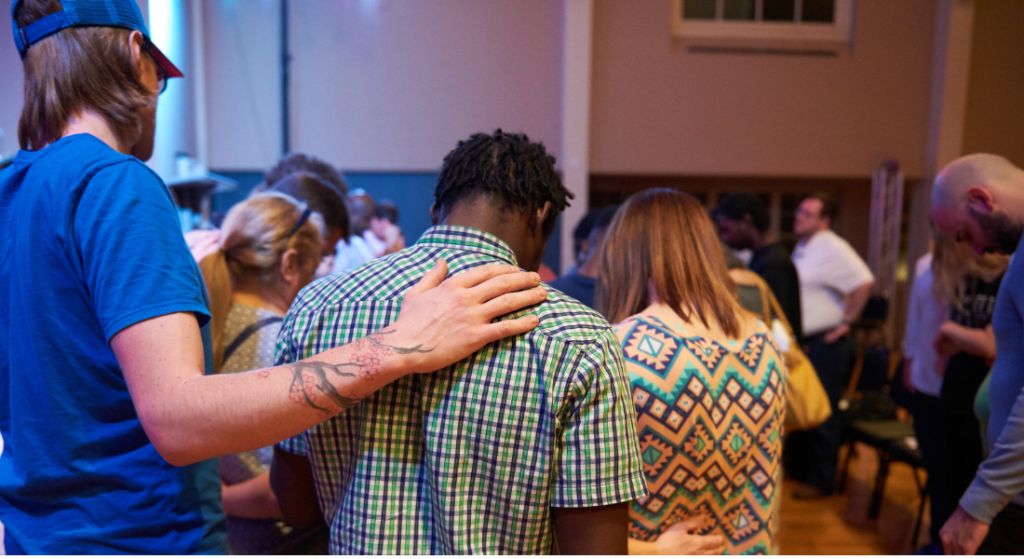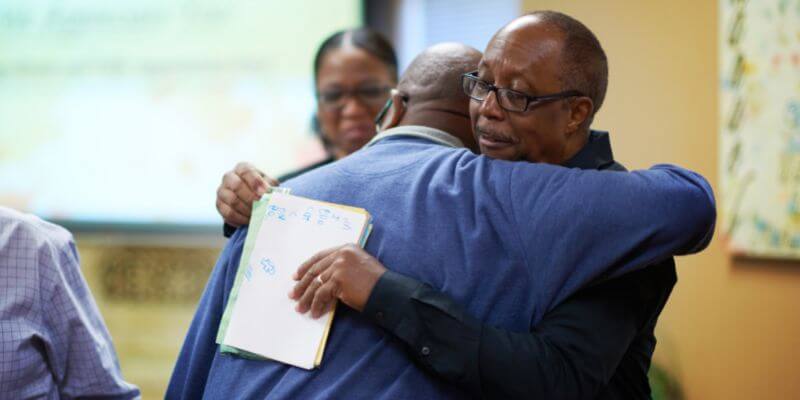Search results for: C_S4CPR_2402 Exam Questions Dumps, SAP Certified Associate - Implementation Consultant - SAP S/4HANA Cloud Public Edition - Sourcing and Procurement VCE Collection 🏺 Search for ➠ C_S4CPR_2402 🠰 and download it for free immediately on ⮆ www.pdfvce.com ⮄ 🏫C_S4CPR_2402 Lead2pass Review
Discovering Care for Community Partnership
Often, doing the work of finding out what people care about is “success” in and of itself, because it demonstrates commitment to people and places and focuses on mobilizing existing resources rather than bringing in just one more outside program.
Read MoreSkin in the Game
Adapted from A Field Guide to Becoming Whole, 113-115. One of the most challenging elements of any poverty alleviation effort is identifying people who are truly ready to change. If the goal of poverty alleviation is spirit-led transformation—seeing people restored to who God created them to be—it’s important for us to recognize that sustainable, long-term…
Read MoreShort-Term Missions that Avoid Long-Term Harm—Part 1
Adapted from Helping Without Hurting in Short-Term Missions: Leaders’ Guide, 29-31. Much international travel, particularly to and from countries with limited healthcare infrastructure, has been on hold for the past 2 years due to the Covid-19 pandemic. As short-term trips begin to become a possibility again, it’s important to remember some best practices for short-term…
Read MoreWhy Use Stories to Teach?
God’s work in the world unfolds to us in the big story of Creation, Fall, Redemption, and Consummation, and in the individual stories told in Scripture. From the Garden to Noah to Abraham to Moses to David to the promise of the Messiah to Jesus’ life, death, and resurrection to the outpouring of the Holy Spirit to the church to the New Creation, we are so often given God’s truths in narrative, not only in didactic lessons or abstract categories.
Read MorePracticing What We Teach
When we try to help people who are materially poor, we often focus on the habits we think they need to change. But what about our own habits? How do our daily practices affect our ministry with the materially poor?
Read MoreEconomics in Jesus’ Kingdom
God is bringing a kingdom far more real than any earthly power or authority we experience today. That kingdom calls Christians to embrace a whole life of economic discipleship by which we learn to live as economic citizens of God’s kingdom.
Read MoreDesigning Innovative Solutions to Problems
Have you ever been working on solving a complex problem and felt stuck? You knew there had to be a way forward but you just couldn’t see it? That’s how designing a poverty alleviation ministry can feel. Take the issue of food insecurity as an example. Most people are familiar with a “soup kitchen” model…
Read MoreHolistic Approaches to Development
Material poverty is complex, and not reducible to a single cause. Healthy, sustainable poverty alleviation ministries need to address all five root causes of material poverty—Individual brokenness, Systemic brokenness, false stories of change, broken and destructive formative practices, and demonic forces. Over the last few weeks, we’ve looked at Ministry Design Principles that contribute to the kingdom community and to God’s story of change, and today we continue examining principles that equip us to replace destructive formative practices. We seek to evaluate and replace our existing practices in favor of those that empower and equip our communities.
Read MoreChurches Supporting Churches
In some places, there are churches on every corner—but they often stay disconnected. Listen to this episode of Rethink Poverty and hear how one local ministry is working to change that.
Read MoreStewarding the King’s Gifts to Advance His Kingdom
Every poverty alleviation effort includes three groups of stakeholders: donors, ministry staff and volunteers, and the materially poor people the initiative hopes to serve. How can these three very different groups of people manage their differences and work together for God’s kingdom?
Read MoreHow to Find Participants for Your Faith & Finances Class
Finding folks to join your Faith & Finances class can be a challenge, especially if your church or ministry doesn’t have existing connections with people who can benefit from Faith & Finances. But there are a few things you can do to get the word out.
Read MoreWhat Does Trauma Have To Do with Financial Health?
How a relational and biblical approach to financial education transforms more than just budgets.
Read MoreHope, Restoration, and Chess in Rural South Africa
Over a decade ago, Ruan and his family moved from Cape Town to the village of Zithulele in the Eastern Cape province of South Africa, just miles away from the place Nelson Mandela was raised. His wife had secured a job as a physician at a local hospital and he was looking forward to working in youth ministry.
He read When Helping Hurts soon after his arrival, but over the next five years, he made many of the mistakes he read about. Despite hosting many Bible studies, outreach teams, and events – all of the things he brought with him from westernized Cape Town – they still weren’t seeing transformation in their rural village.
Read MoreThe Stories We Tell
At Chalmers, we want to be story-driven whenever possible. What makes a good story? One that reflects God’s story, and demonstrates how Jesus brings lasting change in the life of a person, family, or community.
Read MoreAgents of Reconciliation
The New Testament consistently describes Jesus’ work on the cross as “reconciliation” (Col. 1:20. etc.), which means putting things back into right relationship again. The Apostle Paul also teaches that we also have a role in reconciliation.
Read MoreSewing False Dichotomies Back Together
We often operate under false dichotomies when we think about serving the poor. What are these dichotomies—and how can we think about poverty alleviation in more biblical ways?
Read MoreWhat Does the Lord’s Supper Have to Do with Poverty Alleviation?
What does this sacrament have to do with caring for the materially poor and helping them to overcome the causes of poverty in their lives? How does a simple worship service impact the reality that suffering people experience here and now?
Read MoreThe Five Causes of Poverty—Part 3: Individual Brokenness
Adapted from A Field Guide to Becoming Whole, 125-134. We’ve been exploring the five causes of poverty in this series of posts, and it’s important to remember that any one of us can be impacted by all five causes—false stories, destructive practices, individual brokenness, systemic brokenness, and demonic forces. These factors are so intertwined it’s…
Read More



